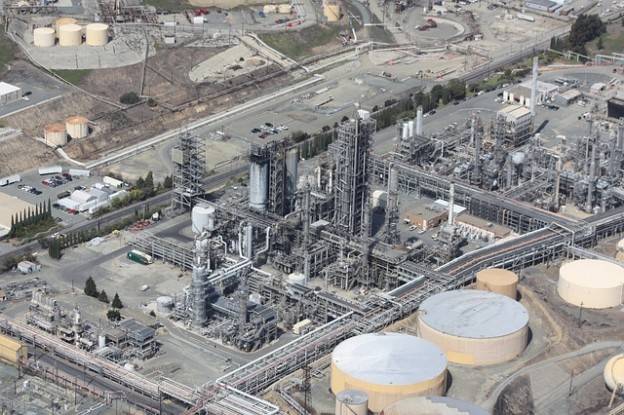Gasoline is one of the most expensive sources of energy. The process of its production is very complicated and includes primary and secondary stages of oil processing at refineries as well as the introduction of various additives.
In practical terms, oil refineries use such additives as MTBE (Methyl tert-butyl ether) and ETBE (Ethyl tert-butyl ether) to obtain gasoline with defined characteristics. In general, additives constitute not more than 8 to 10% of the total amount of substances in gasoline. Of course, the price of the finished product is heavily influenced by the price of the additives.
It is therefore, oil refineries, as well as traders, that find it very important to price the additives in a proper way. Nowadays, the coefficient-factor helps to indicate the price ratio index ‘additive-petrol’ and reflects a correlation among the petrol components that is of great practical value. Table 1 shows the coefficient-factors as of August-November 2010.
Table 1
The coefficient-factors as of August-November 2010
|
No. |
Date |
10 ppm |
MTBE |
Coefficient-factor |
ETBE |
Coefficient-factor |
|
1 |
27/08/10 |
690.0 |
765.0 |
1.1 |
979.0 |
1.42 |
| 2 |
15/09/2010 |
728.0 |
857.0 |
1.18 |
1070.0 |
1.47 |
| 3 |
12/10/2010 |
790.0 |
890.0 |
1.13 |
1090.0 |
1.38 |
| 4 |
09/11/2010 |
784.0 |
875.0 |
1.12 |
991.0 |
1.26 |
Mainly, the MTBE price has been determined by the 10 ppm petrol price as of August-November 2010. In this case, the coefficient-factor was stable though it was low (1.1-1.18). It is therefore, the import of MTBE from the Persian Gulf countries that has been reduced. Such additives as ETBE was characterised by sufficiently high European prices (1070-1090 dollars per ton). It was due to the fact that the price for ethanol in Europe was very high. Additionally, there was an increase in ETBE consumption in countries of the European Union as compared with MTBE in accordance with the Directive 2009/28/EC. Table 2 shows the European prices for fuels as of August-November 2010.
Table 2
Fuel prices NWE ARA
|
No. |
Name |
27/08/10 |
15/09/10 |
12/10/10 |
09/11/10 |
|
1 |
Brent |
75.02 |
79.16 |
83.70 |
88.46 |
|
2 |
Gasoline 10 ppm |
690.0 |
728.0 |
790.0 |
784.0 |
|
3 |
MTBE |
765.0 |
857.0 |
890.0 |
875.0 |
|
4 |
Methаnоl T1 |
290.0 |
359.0 |
387.0 |
387.0 |
|
5 |
ETBE |
979.0 |
1070.0 |
1090.0 |
991.0 |
|
6 |
Methаnоl T1 |
756.0 |
805.0 |
827.0 |
846.0 |
|
7 |
Ethanol T2 |
979.0 |
1030.0 |
1067.0 |
1085.0 |
The cost of raw material, used to produce ethers is considered to be the most important factor that determines the price of additives. Approximately 50 % of the ETBE is accounted for fuel ethanol. MTBE contains 33% methanol.
Table 3 shows prices for petrol and ethanol all over the world as of November 23, 2010.
Table 3
The prices for ethanol and gasoline in the world (November 23, 2010), $
|
Ethanol (T2) (Rotterdam) |
Ethanol (Brazil) |
Ethanol (the USA) |
Ethanol (Ukraine) |
Gasoline Regular (the USA) |
Gasoline A-95 (Russia) |
Gasoline Super 95 10 ppm (Germany) |
|
0.82 |
0.69 |
0.55 |
0.81 |
0.75 |
0.64 |
1.96 |
As the table shows, the cheapest gasoline was in Russia and the most expensive – in Germany. In the USA, ethanol was the cheapest when in Ukraine and Rotterdam it was considered to be the most expensive.

